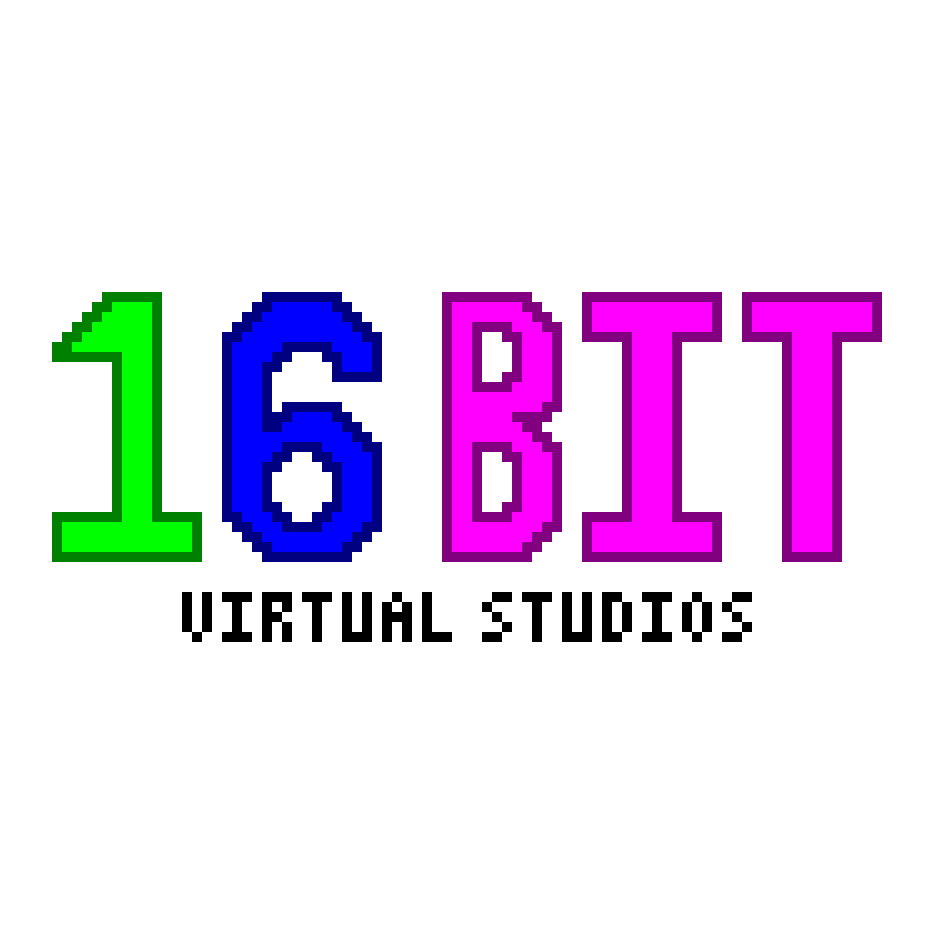Windows has been a thorn in my side for years. But ever since I started moved to Linux on my Laptop and swapping my professional software to a cross platform alternative, I’ve been dreaming on removing it from my SSD.
And as soon as I finish my last few projects, I can transition. (I want to do it now).
Trouble is which I danced my way across multiple amazing distros, I can’t decide which one to land on since the one software I want to test, Davinci Resolve doesn’t work on my Intel Powered Laptop. (curse you intel implementation of OpenCL).
So the opinions of those of you who’ve used Davinci Resolve, Unity/Godot, and/or FreeCAD. I want it to be stable with minimal down time on hardware with a AMD Ryzen 5 1600x and a RTX 3050. Here’s the OS’s I am looking at.
CentOS (alt Fedora)
- Pro: Recommended by Davinci Resolve for the OS, has good package manager GUI that separates Applications and System Software (DNF Dragon), Good support for multiple Desktop Environments I like. Game Support is excellent and about a few months behind arch.
- Con: When I last installed Fedora my OS Drives BTFS file system died a horrific and brutal death, losing all of my data. Can’t have that. And I personally do not like DNF and how slow it makes updating and browsing packages.
Debain (alt Linux Mint DE)
-
Pro: The most stable OS I’ve used, with a wide range of software support both officially in the distros package manager, or from developers own website. I am most familiar with this OS and APT
-
Cons: Ancient packages which may cause issues with Davinci Resolve and Video Games. An over reliance on the terminal to fix simple problems (though this can be said for most linux distros). I personally don’t like APT and how it manages the software.
EndevourOS (alt Manjaro)
-
Pro: The most up to date OS, great for games with the AUR giving support for a lot of software which isn’t available on other distros.
-
Cons: Manjaro has died on me once, and is a hassle to setup right and keep up. EndevourOS has no Package Manager GUI, and is over reliant on the Terminal. Can’t use pacman in a terminal the commands are confusing.
OpenSUSE Tumbleweed
-
Pro: Like Fedora but doesn’t use DNF, good game support
-
Cons: Software isn’t as well supported.
Edit: from the sounds of thing, and the advice from everyone. I think what I’ll do is an install order while testing distros (either in distro box or on a spare ssd) in the following order.
Debain/Mint DE -> OpenSUSE -> EndevourOS -> CentOS
This list is mostly due to stability and support for nvidia drivers.


Search for those packages in distro repos, and check if they’re available through some alternative pm like flatpak. If you need them fresh, and there’s no alternative, you can discard centos and debian. If there are, I’d suggest MX (debian).
The closer you’re to the bleeding edge, the more you’ll need to use the terminal to fix simple problems. For me, debian and mint never crashed or failed to boot, arch on the hand…
That’s my two cents using mint. Though getting some software like xpadneo required me to build from source.
It’s all tradeoffs. Debian would require you to occasionally follow clear installation instructions or use an additional PM. Arch would let you install it directly, but require you to occasionally debug your system. I’m using MX + Nix, and could install it directly, but setting it up is quite difficult comparatively.
If xpadneo can work on distrobox, that will probably be the easiest solution overall. The system will be stable, but you can use arch for specific tasks.